
- August 24, 2023
- Dennis Frank
- 2
Table of Contents
What is Blockchain DNS and How Does It Work?
In today’s digital era, the Domain Name System (DNS) serves as the backbone of the internet, translating human-readable domain names into machine-readable IP addresses. However, the traditional DNS infrastructure faces several challenges, including vulnerability to hacking, lack of transparency, and potential single points of failure. To address these issues, a groundbreaking technology called Blockchain DNS has emerged, promising to revolutionize the way we navigate the online world. By combining the transparency and security of blockchain technology with the DNS infrastructure, Blockchain DNS aims to provide a more secure, resilient, and decentralized system for resolving domain names. In this article, we will delve into the inner workings of Blockchain DNS, explore its key functions, examine its benefits and limitations, and address frequently asked questions to gain a comprehensive understanding of this innovative technology.
Understanding Blockchain DNS
Exploring the Inner Workings of Blockchain DNS
Blockchain DNS utilizes the distributed ledger technology of blockchain to enhance the integrity and security of the traditional DNS system. Instead of relying on a centralized authority, the blockchain-based DNS operates in a decentralized manner, utilizing a network of computers, known as nodes, to validate and store domain name records. These records, called blocks, contain information such as domain names, IP addresses, and public keys. Through the process of consensus algorithms, such as proof of work or proof of stake, these blocks are added to the blockchain, ensuring the immutability and transparency of the records.

This decentralized architecture significantly reduces the risk of hacking and tampering, as the absence of a single point of failure makes it extremely difficult for malicious actors to manipulate the DNS records. Additionally, the transparency of the blockchain enables anyone to audit the domain name records, ensuring their accuracy and authenticity. As a result, Blockchain DNS not only enhances the security and integrity of the DNS system but also fosters trust among users. For further reading on the subject of blockchain technology, see: Exploring the Potential of Blockchain Technology Blockchain DNS performs several key functions that distinguish it from the traditional DNS system.
- Decentralization: Unlike the centralized DNS system, Blockchain DNS operates in a decentralized manner, eliminating the dependence on a single central authority.
- Security: By leveraging blockchain technology, Blockchain DNS enhances the security of domain name resolution, reducing the risk of hacking, DNS spoofing, and other cyber threats.
- Transparency: The use of blockchain ensures the transparency and immutability of domain name records, allowing for easy verification and auditing.
- Resilience: With its decentralized architecture, Blockchain DNS mitigates the risk of single points of failure, ensuring the continued availability of domain name resolution.
Unleashing the Power of Blockchain Domain Name System (DNS)
Strengthening Security and Data Integrity with Blockchain DNS
One of the primary advantages of Blockchain DNS is its ability to enhance the security and integrity of the DNS system. Traditional DNS is susceptible to various cyber attacks, such as DNS spoofing and DNS cache poisoning, which can lead to unauthorized redirection of users to malicious websites. By leveraging blockchain technology, Blockchain DNS eliminates these risks by providing an immutable and transparent record of domain name resolution. Moreover, the decentralized nature of Blockchain DNS makes it extremely difficult for hackers to alter or manipulate the domain name records. As a result, users can have increased confidence in the security and integrity of their online interactions.
Furthermore, Blockchain DNS can also play a crucial role in combating domain hijacking. Domain hijacking occurs when an unauthorized individual gains control over a domain name, potentially leading to severe financial and reputational damage for the legitimate owner. By utilizing blockchain’s consensus mechanisms and distributed ledger, Blockchain DNS ensures robust domain ownership verification and reduces the likelihood of unauthorized domain transfers. This additional layer of security adds a significant level of protection for individuals and organizations.
For a more in-depth look into the power and potential of Blockchain DNS, you can explore our detailed article here.

Enhancing Transparency and Auditability through Blockchain DNS
Transparency and auditability are fundamental characteristics of Blockchain DNS. In traditional DNS, it can be challenging to verify the accuracy of domain name records, as these records are controlled by centralized authorities. With Blockchain DNS, the entire process of domain name resolution is recorded on the blockchain, providing a transparent and verifiable history of transactions. This enhanced transparency makes it easier to identify and address any discrepancies or fraudulent activities, ensuring the integrity of the domain name resolution process. Moreover, the decentralized nature of Blockchain DNS eliminates the potential for abuse and manipulation by central authorities.
The immutable nature of the blockchain also enables easy auditing of domain name records. Traditional DNS lacks a standardized mechanism for auditing, making it challenging for organizations to demonstrate compliance with regulatory requirements or internal policies. By utilizing the blockchain’s transparent and tamper-proof nature, Blockchain DNS simplifies the auditing process and enables organizations to strengthen their regulatory compliance efforts.
Overcoming Single Point of Failure Risks with Blockchain DNS
In the traditional DNS system, a single point of failure can have catastrophic consequences. If a central authority or DNS server becomes unavailable, users will be unable to resolve domain names, leading to service disruptions and potential economic losses. Blockchain DNS addresses this challenge by operating in a decentralized manner. Instead of relying on a single entity, Blockchain DNS utilizes a network of nodes spread across the globe to validate and store domain name records. This distributed network ensures the availability and reliability of domain name resolution even in the face of individual node failures or targeted attacks. Consequently, Blockchain DNS offers enhanced resilience and reduces the risk of service disruptions, making it an attractive proposition for organizations and internet users.
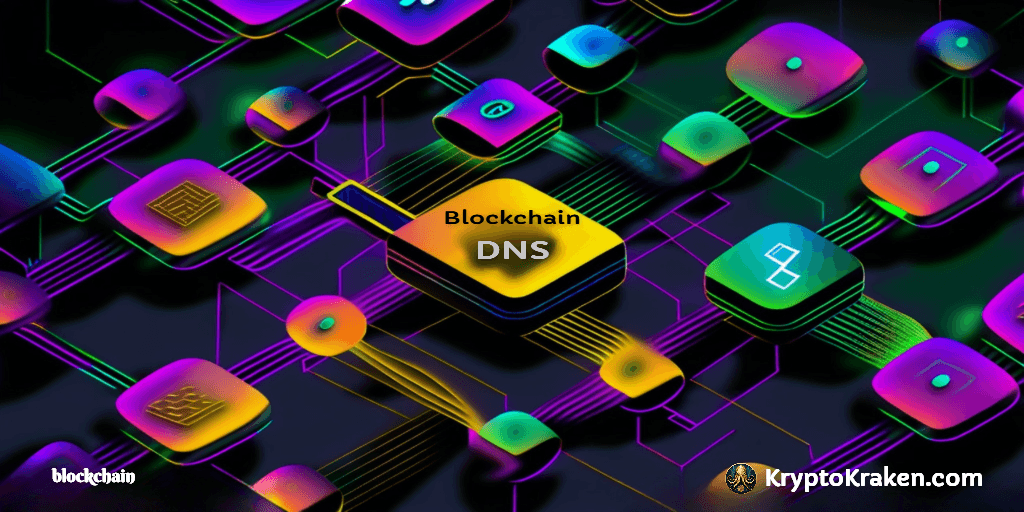
Examining the Limitations of Blockchain Domain Name System (DNS)
Addressing Scalability Challenges in Blockchain DNS
Scalability remains one of the key challenges facing Blockchain DNS. As each transaction is recorded on the blockchain, the size of the blockchain continuously grows, impacting the efficiency and speed of the system. In a traditional DNS system, millions of domain name resolution requests are processed each day, requiring a high degree of scalability. However, blockchain technology currently poses limitations in terms of transaction processing capacity, which can hinder the performance of Blockchain DNS. While ongoing research and development efforts aim to improve scalability, it is crucial to recognize that Blockchain DNS may face scalability challenges in its current form.
Moreover, the adoption of Blockchain DNS by internet service providers and DNS resolvers may also pose challenges to scalability. Integrating Blockchain DNS into existing DNS infrastructure requires significant coordination and cooperation among various stakeholders, potentially leading to delays or resistance in the adoption process. Therefore, addressing scalability concerns and fostering collaboration among industry participants will be critical for the widespread adoption of Blockchain DNS.
Navigating Regulatory and Compliance Complexities in Blockchain DNS
Blockchain DNS introduces a new paradigm in the domain name resolution landscape, requiring the establishment of regulatory frameworks and compliance standards. As different jurisdictions may have varying regulations and legal requirements, ensuring global compliance can be complex. Additionally, as blockchain technology promotes anonymity and pseudonymity, striking a balance between privacy and regulatory obligations poses a challenge for Blockchain DNS. Finding solutions that address these regulatory and compliance complexities without compromising the principles of transparency and security will be crucial for Blockchain DNS to gain wider acceptance.
Assessing the Adoption and Integration Challenges of Blockchain DNS

Despite its potential advantages, the adoption and integration of Blockchain DNS into the existing internet infrastructure pose significant challenges. The transition from the traditional DNS system to Blockchain DNS requires the cooperation and coordination of various stakeholders, including internet service providers, domain registrars, and users. Resistance to change, concerns about compatibility, and the need for substantial investments in infrastructure are some of the factors that may impede the adoption of Blockchain DNS.
Moreover, Blockchain DNS necessitates changes in user behavior and technical expertise. Users need to understand the benefits and functionalities of Blockchain DNS, while administrators and network operators require sufficient knowledge to integrate and manage the blockchain-based system effectively. Building awareness and providing educational resources will be vital to overcome these adoption and integration challenges.
Wrapping Up the Benefits of Blockchain DNS
Without question, it’s worth Exploring the Benfits of Blockchain Technology. Blockchain DNS holds great promise in revolutionizing the domain name system by enhancing security, transparency, and resiliency. By leveraging blockchain technology, Blockchain DNS mitigates the risks associated with centralized DNS, providing a decentralized and tamper-proof system for domain name resolution. With its strengthened security measures, enhanced transparency, and ability to overcome single point of failure risks, Blockchain DNS offers a robust and reliable alternative to the traditional DNS infrastructure.
However, it is essential to recognize the limitations and challenges that come with implementing Blockchain DNS, such as scalability concerns and navigating regulatory complexities. Addressing these challenges will require industry collaboration, ongoing research and development, and the establishment of regulatory frameworks that strike a balance between privacy and compliance. For further reading on the future of Blockchain DNS, read The Future of Domain Names: Exploring the Advantages of Blockchain DNS
Frequently Asked Questions about Blockchain DNS
Understanding the Basics of Blockchain DNS
1. What is Blockchain DNS?
Blockchain DNS is a technology that combines the transparency, security, and decentralization of blockchain technology with the traditional Domain Name System (DNS). It aims to provide a more secure, transparent, and resilient system for resolving domain names.
2. How does Blockchain DNS work?
Blockchain DNS operates by utilizing a network of decentralized nodes to validate and store domain name records. These records are added to a blockchain through consensus mechanisms, ensuring their immutability and transparency.
Unraveling the Mechanisms of Blockchain DNS
1. What are the key functions of Blockchain DNS?
Blockchain DNS performs several key functions, including decentralization, enhanced security, transparency, and resilience. These functions set it apart from the centralized traditional DNS system.
2. How does Blockchain DNS enhance security?
Blockchain DNS enhances security by utilizing blockchain technology, which makes it extremely difficult for hackers to tamper with domain name records. The transparency and immutability of the blockchain ensure the integrity of domain name resolution.
Exploring the Advantages of Blockchain DNS in Finance
1. How can Blockchain DNS benefit the finance industry?
Blockchain DNS can benefit the finance industry by strengthening the security and integrity of online financial transactions. It reduces the risk of DNS spoofing and domain hijacking, enhancing trust and confidence in financial interactions.
2. Can Blockchain DNS help combat financial fraud?
Yes, Blockchain DNS can help combat financial fraud by providing a transparent and tamper-proof system for domain name resolution. It enhances the traceability and authenticity of online transactions, reducing the risk of fraud.
In conclusion, Blockchain DNS holds immense potential to revolutionize the domain name system by addressing the inherent vulnerabilities of the traditional DNS infrastructure. By combining the transparency, security, and decentralization of blockchain technology, Blockchain DNS offers a more secure, resilient, and transparent system for domain name resolution. While it comes with limitations and challenges, the benefits of Blockchain DNS, such as strengthened security, enhanced transparency, and overcome single point of failure risks, make it a compelling technology for individuals and organizations in the digital age. As industry collaboration and research and development efforts progress, Blockchain DNS has the potential to become a foundational element of a more secure and trustworthy internet ecosystem.









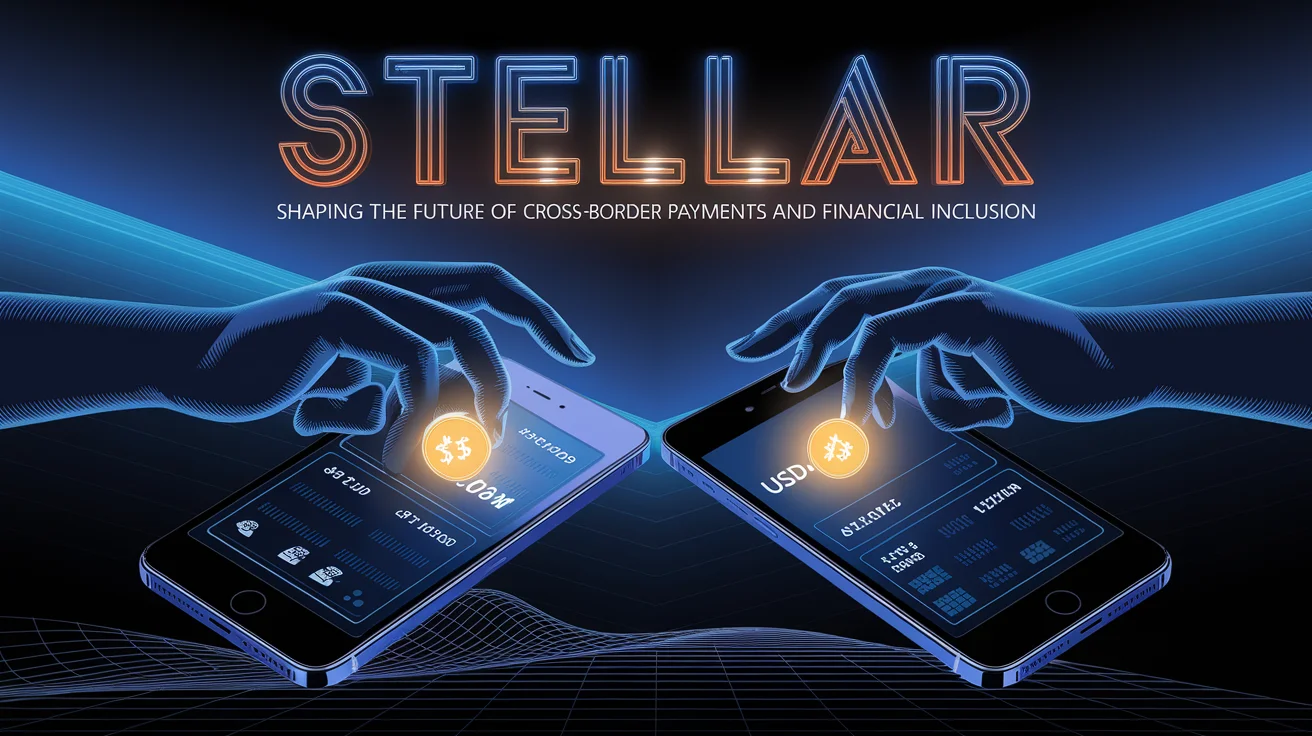
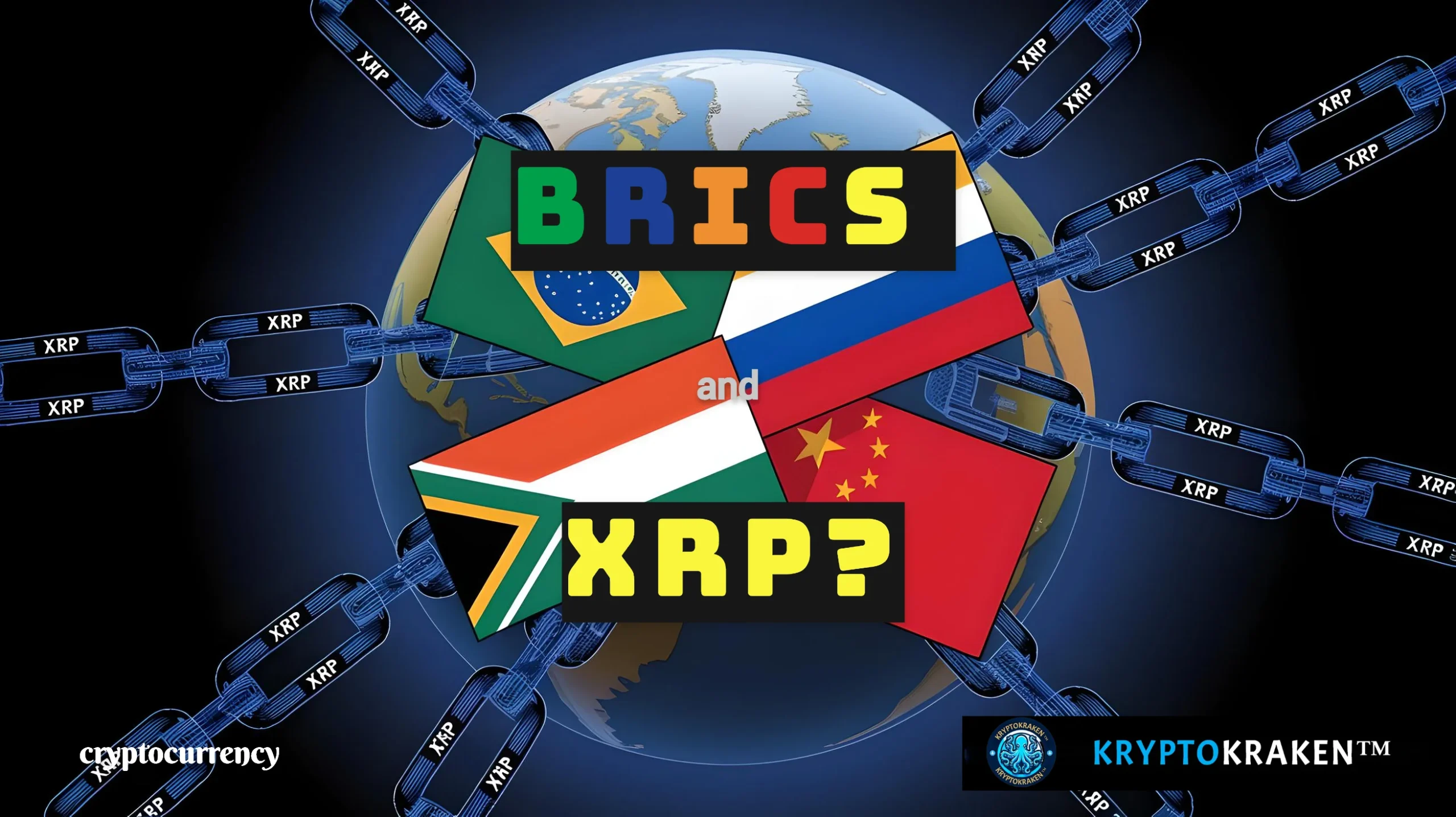































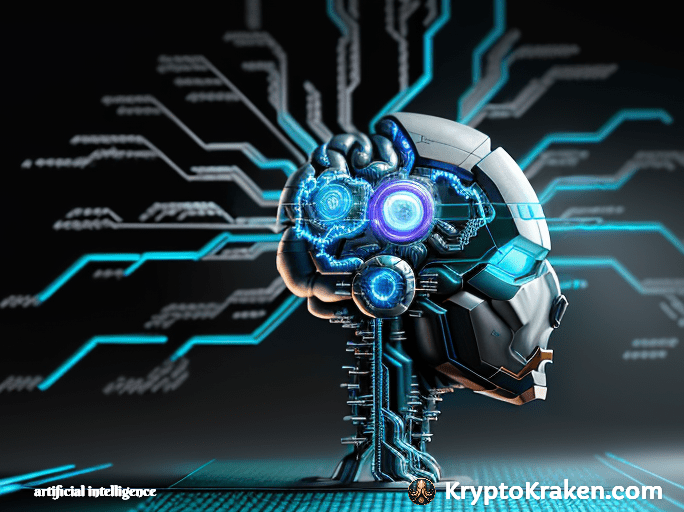


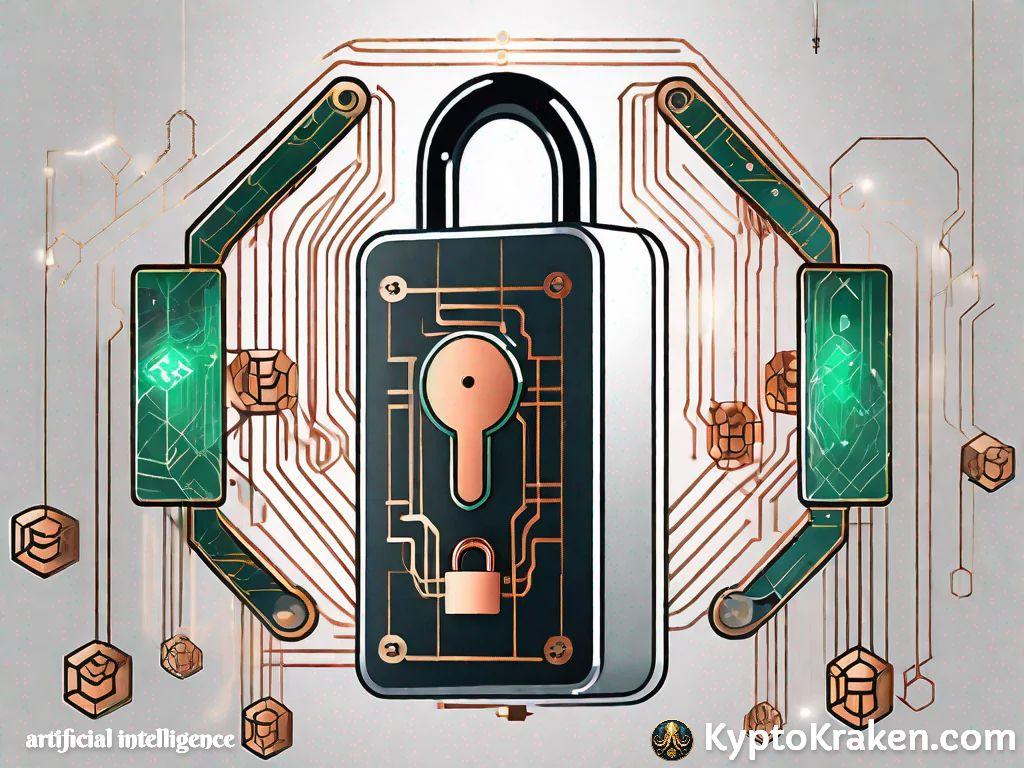
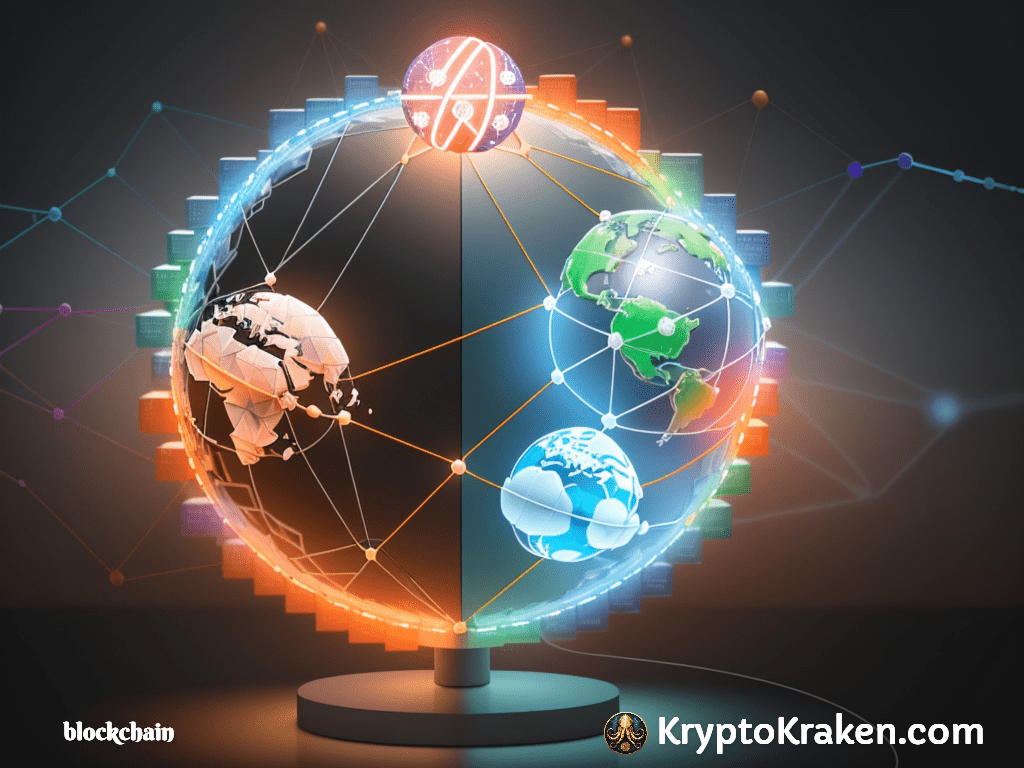





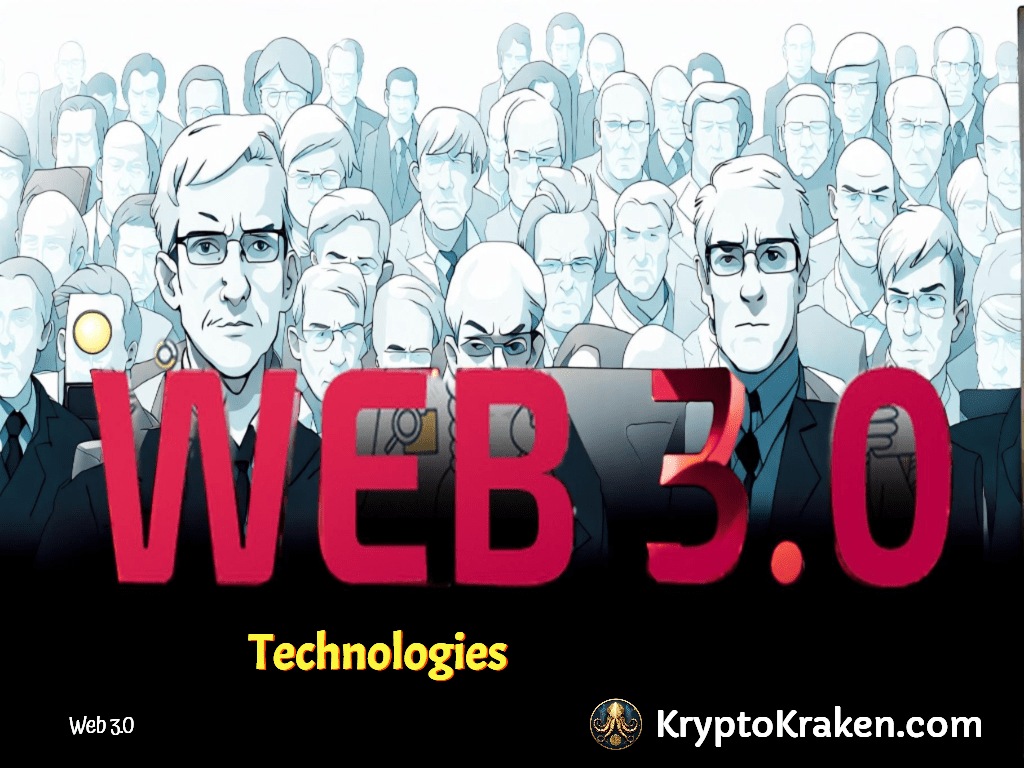















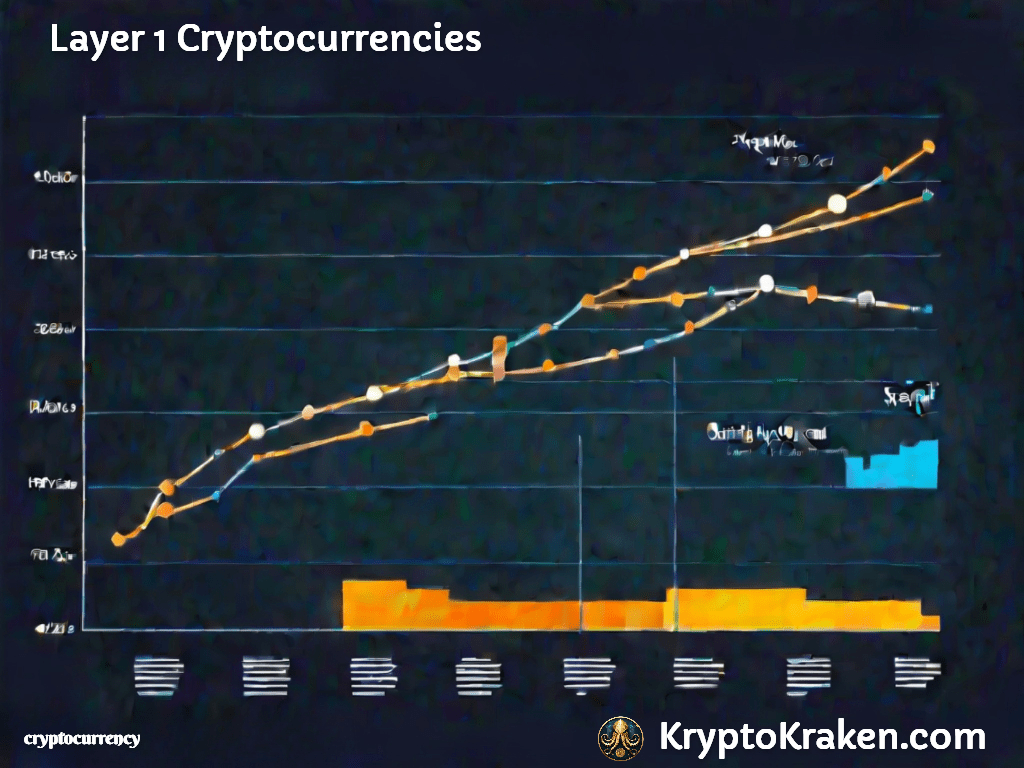


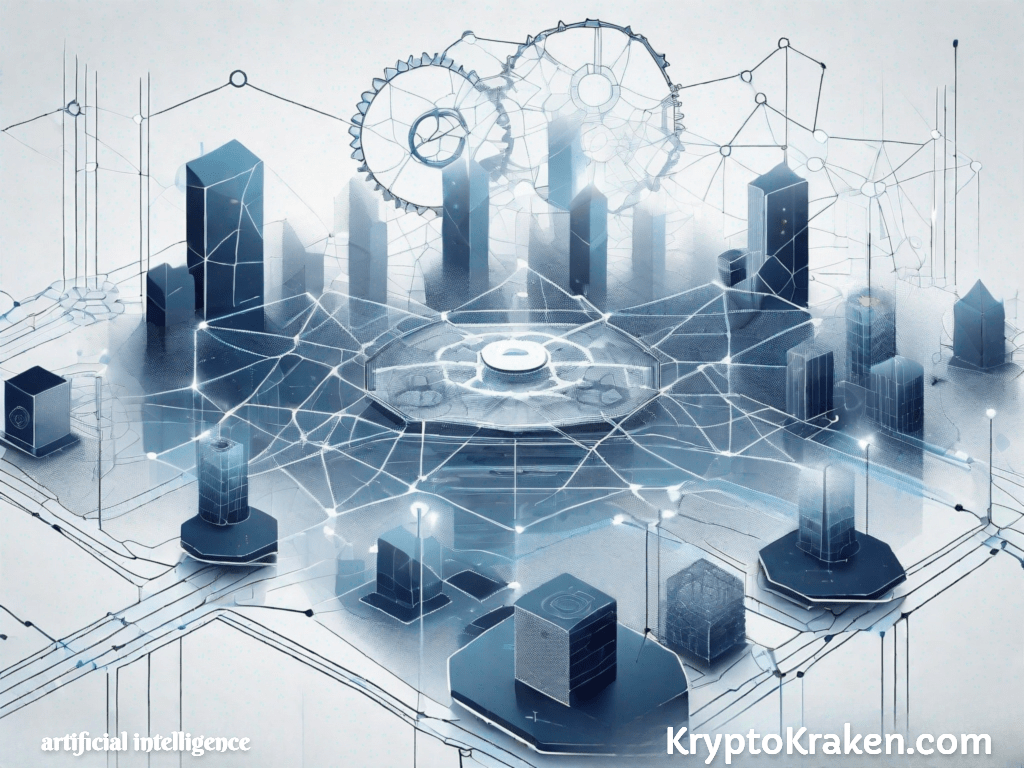



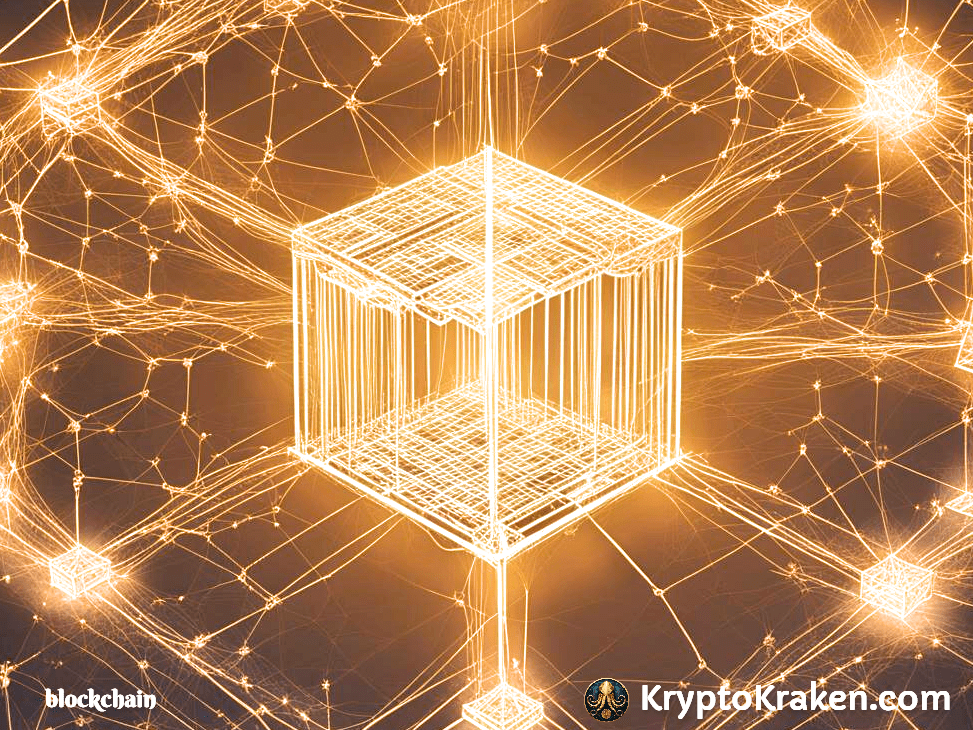

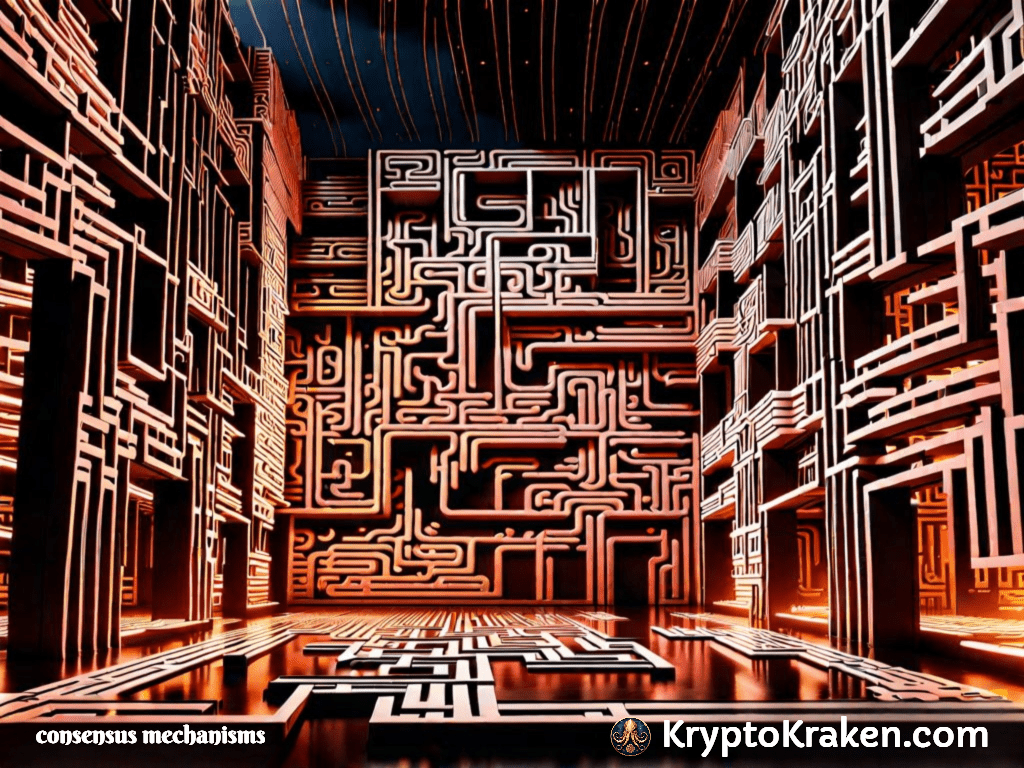

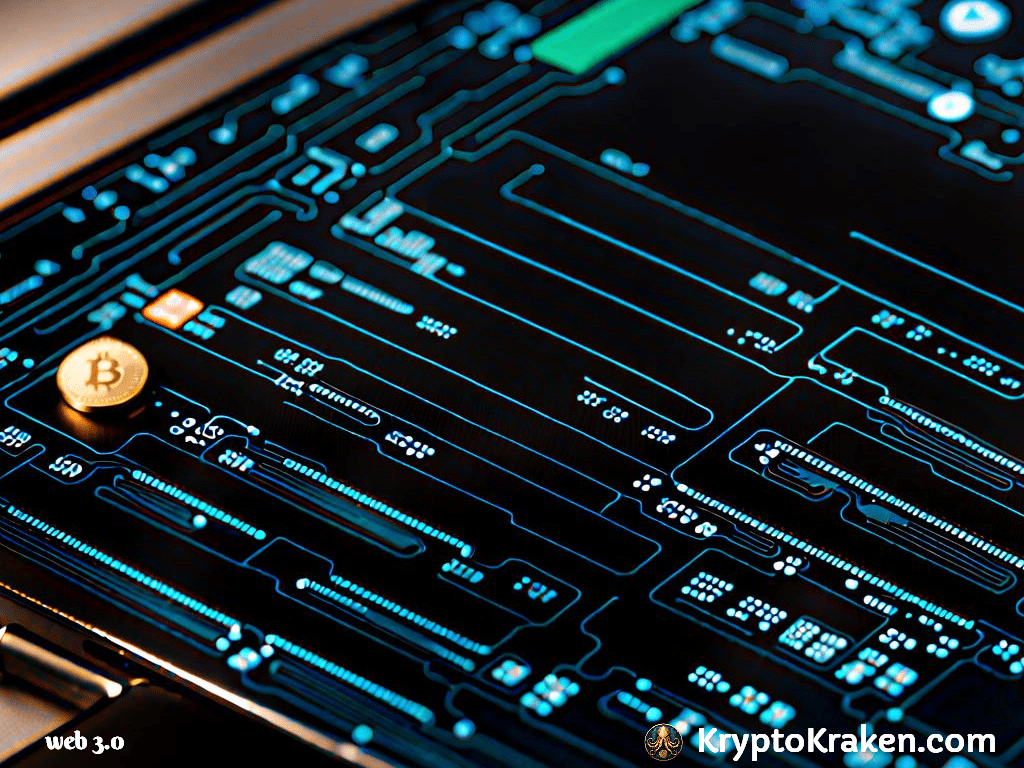





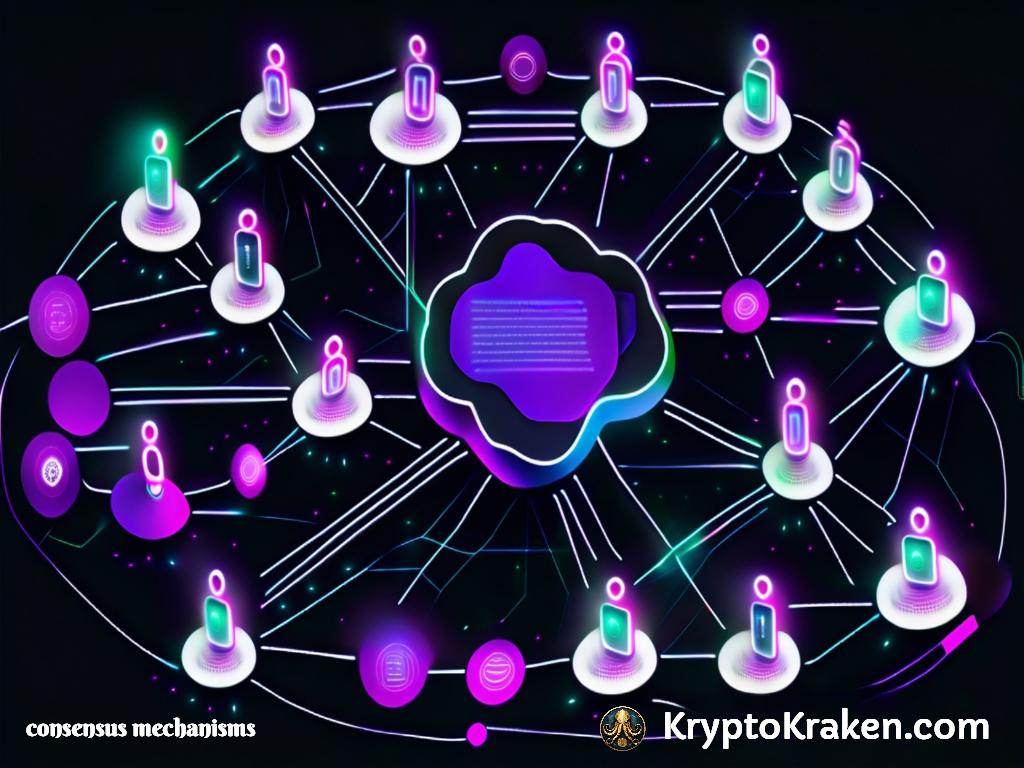
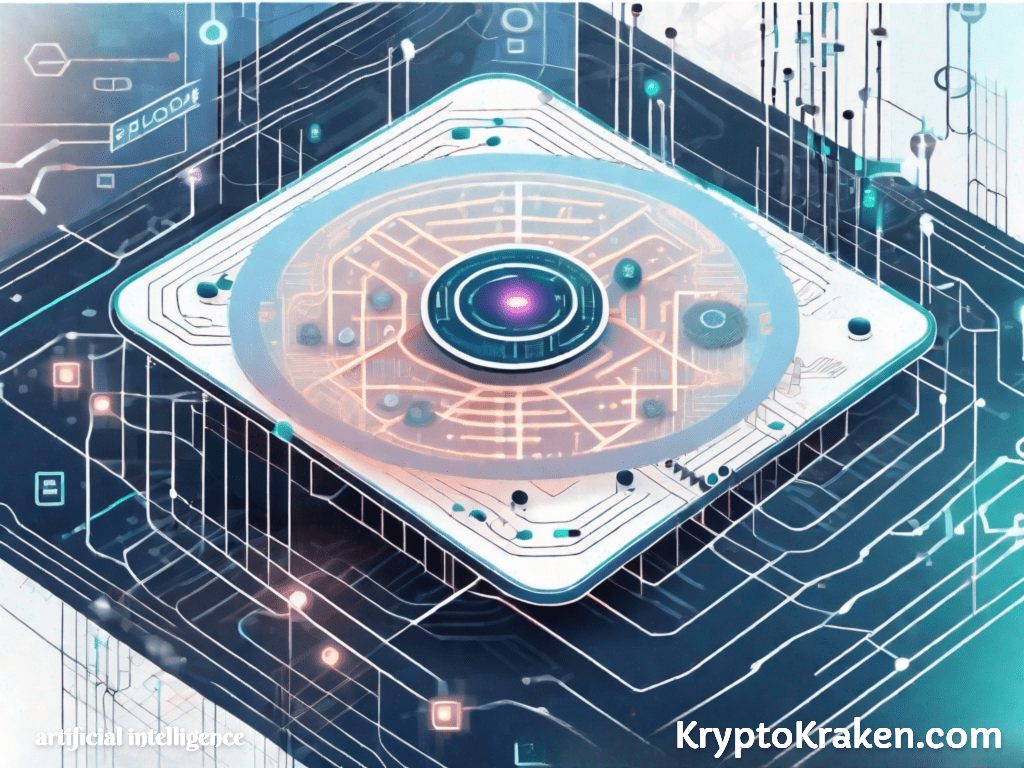
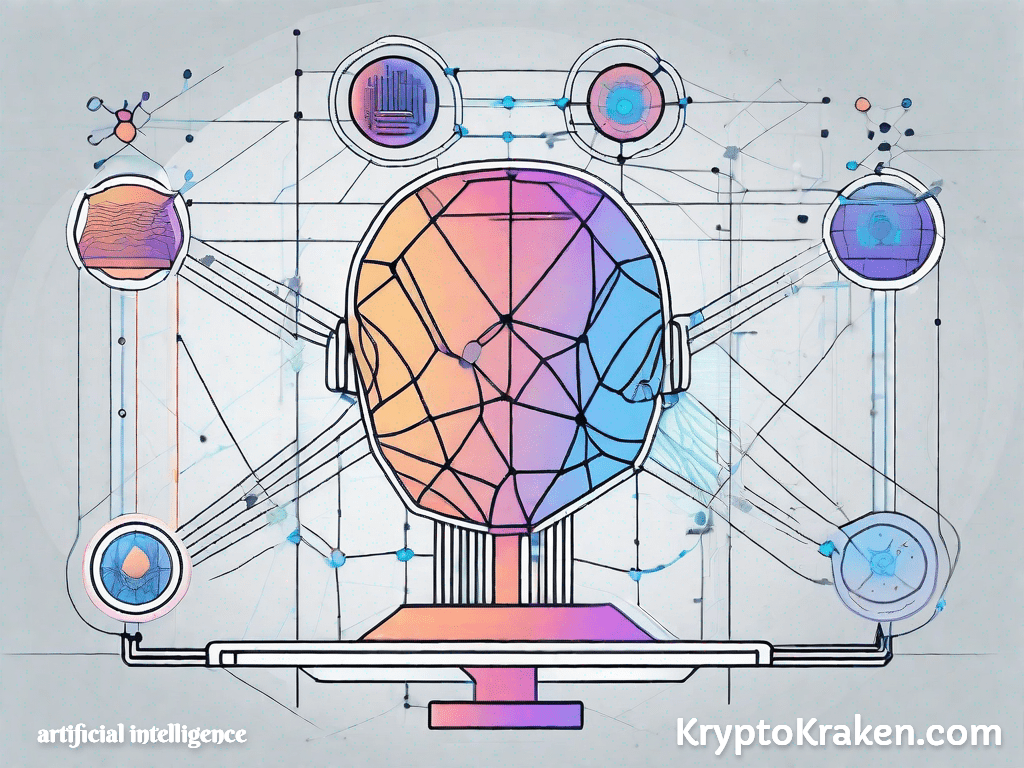
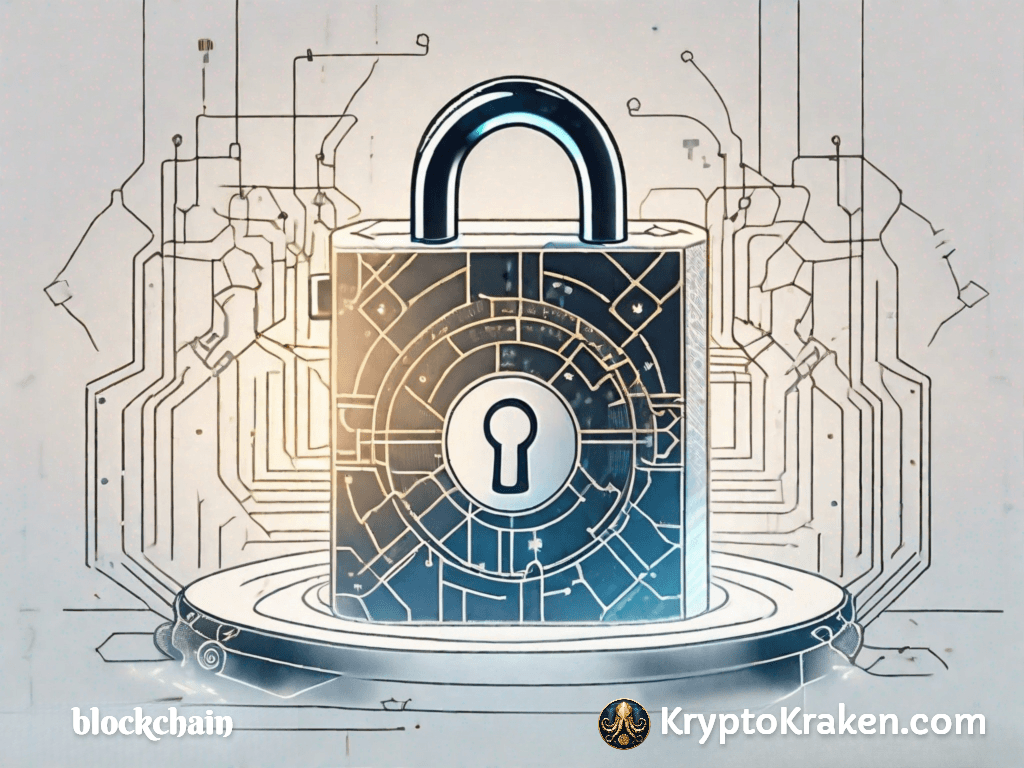



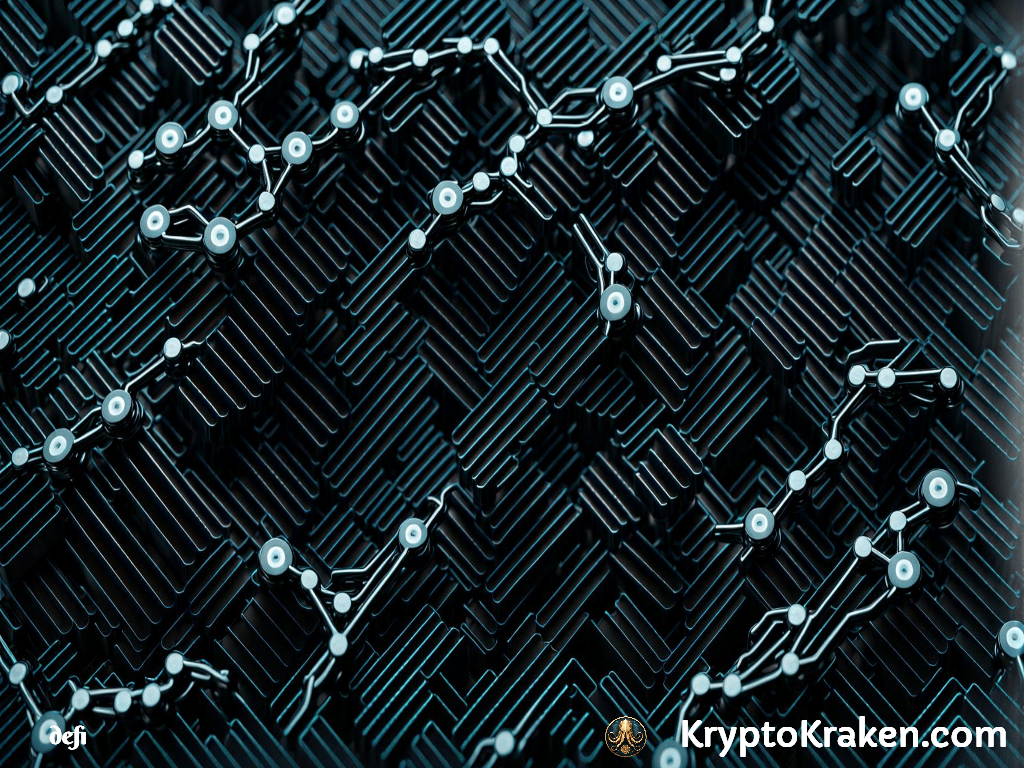
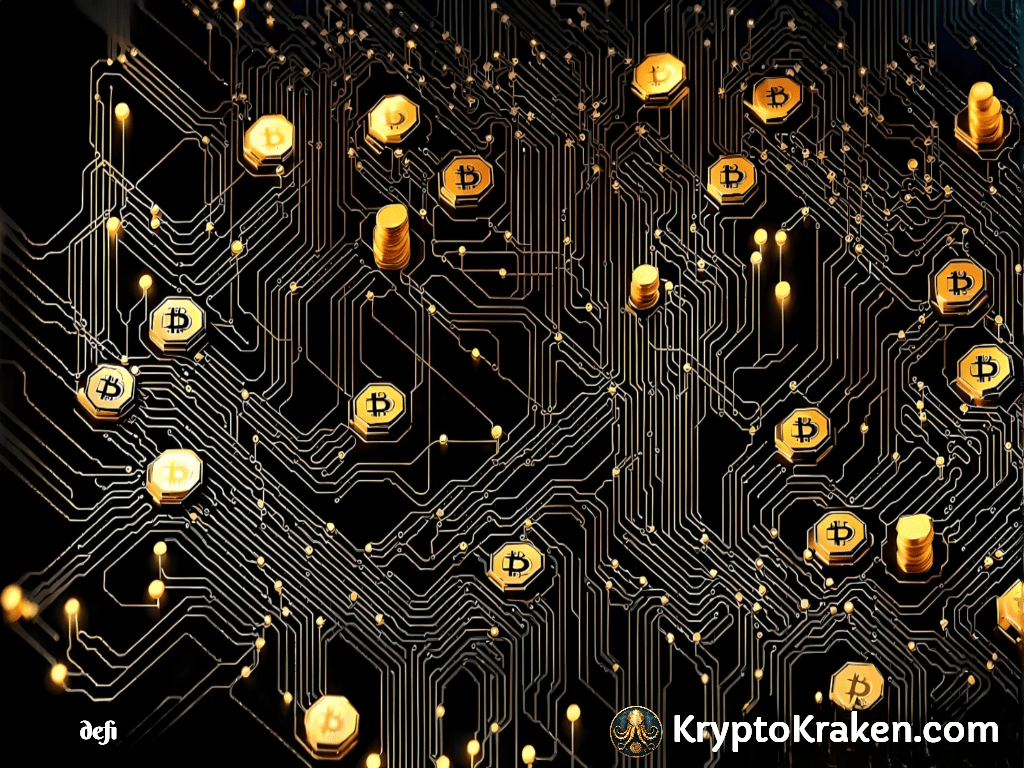








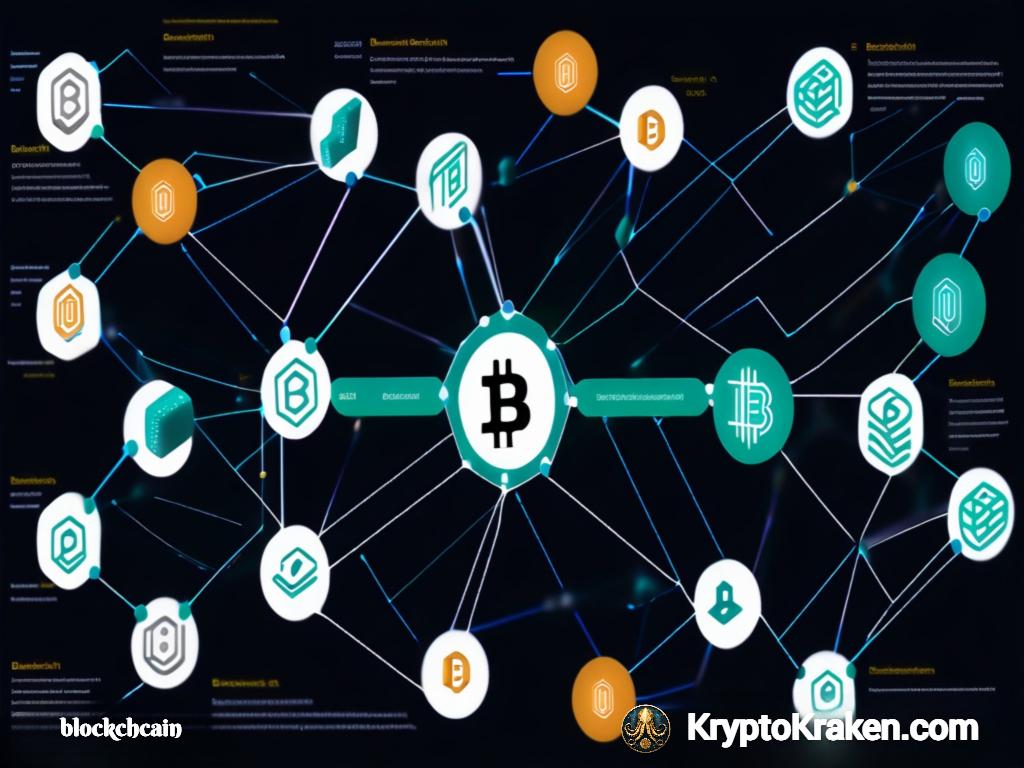
2 comments on “What is Blockchain DNS and How Does It Work?”